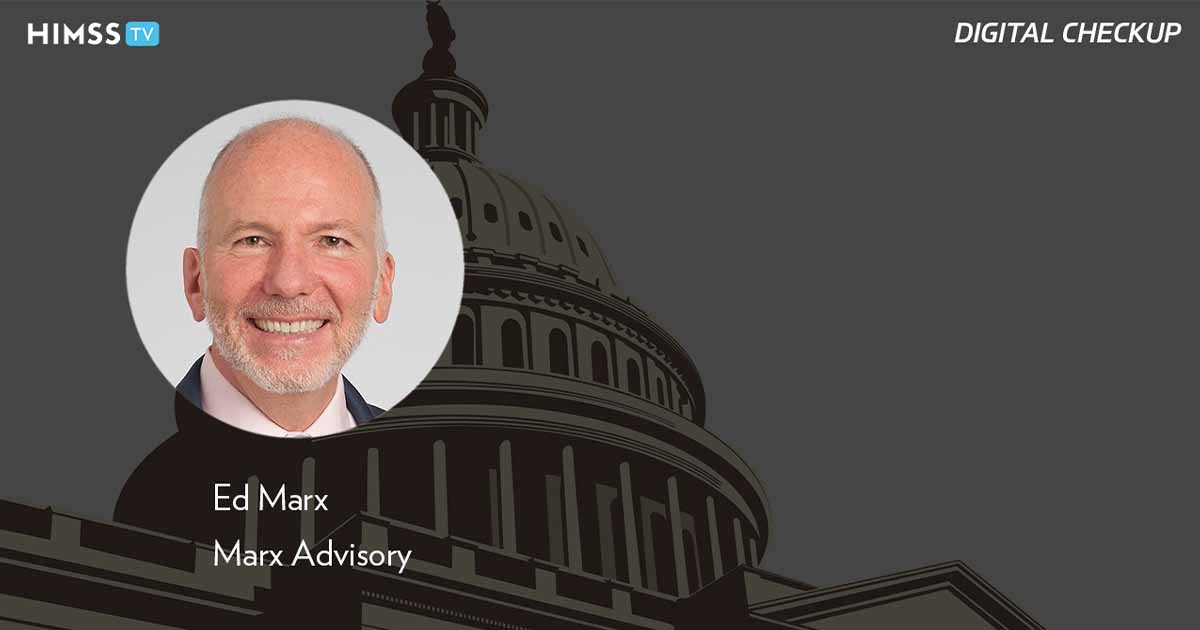Search
The final regulations must make clear what constitutes emergency services, including post-stabilization care, AHIP says.
As the care delivery platform becomes more legitimate and accepted, governments, payers and providers are coping with the changes it will bring.
Example of changes is allowing a hospital to donate free cybersecurity software to each physician that refers patients to its hospital.
There's a whole lot of finger pointing happening among feds, providers, payers, pharmacy benefits managers and big pharma, in what HHS Secretary Azar called the "dirty, little secret of drug pricing."
It's crucial that providers monitor civil monetary penalties law and anti-kickback statute to ensure ridesharing partnerships are on the level.
The pharmaceutical industry could see windfall profits from a little-noticed tweak to the insurance market tucked into the Trump administration's draft executive order on drug prices.
Employer wellness programs can gather medical information from employees and spouses -- so long as financial incentives or penalties don't exceed 30 percent of the annual cost for an individual in the company's group health plan, according to final rules issued by the Equal Employment Opportunity Commission Monday.
As a payer and provider and the country's largest managed care organization with a lot of digital and online patient data, Kaiser Permanente has tried to address privacy and security head-on, and may pave a way for others.
Amid the rise of high-deductible health plans and the growing prevalence and burden of chronic diseases, some argue that it may time to rethink the concept and regulation of preventive services.
A couple of recent wellness-related headlines caught my eye.






